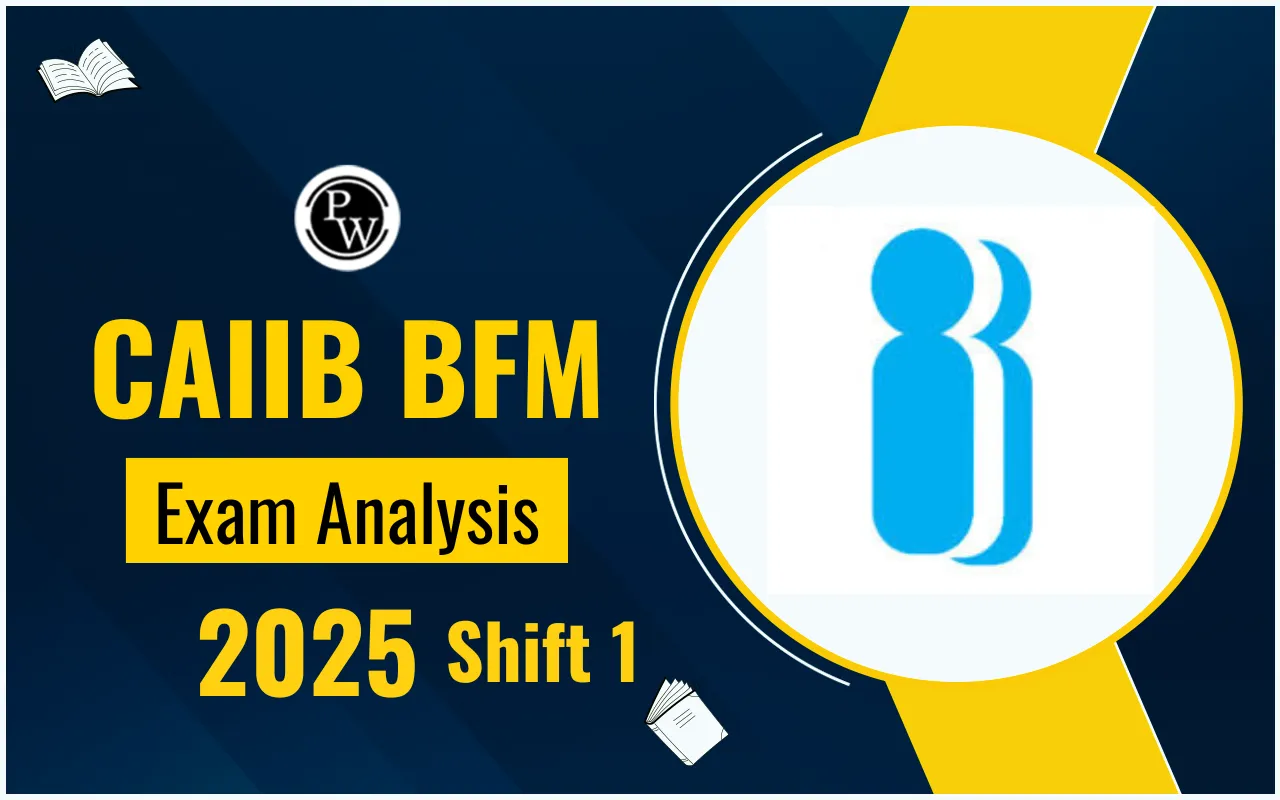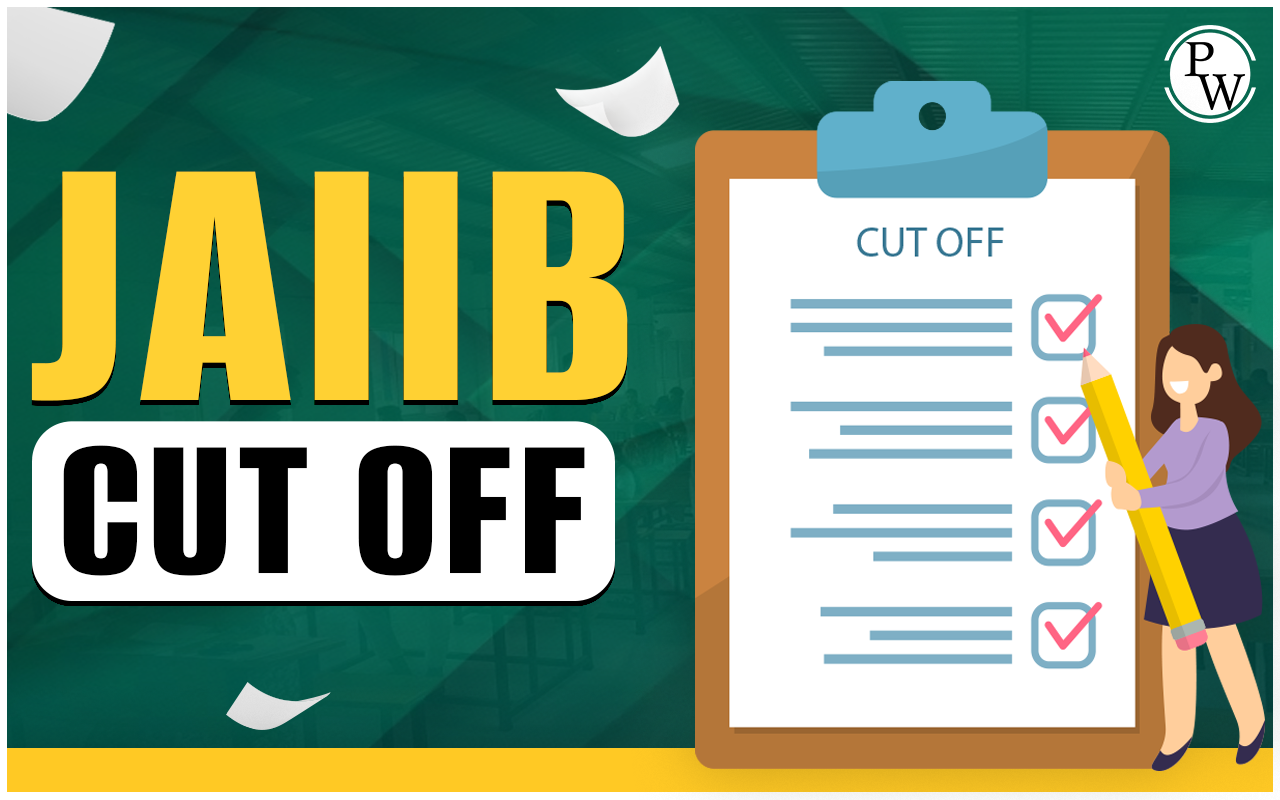
Bond Investment: Bond investment, also known as fixed-income investment, is a method used by governments and companies to raise funds by borrowing from investors. When you invest in bonds, you are essentially lending money to the issuer, who promises to pay back the amount with interest over a specific period. Bonds are often issued to finance specific projects, providing a reliable source of income for investors.
Credit rating agencies evaluate corporate and government bonds to help investors understand the risk and quality of different bonds. These ratings are divided into two main categories: investment grade (higher quality) and high yield (lower quality). In this guide, aspiring banking professionals will find comprehensive information on the types of bond investments, their risks and benefits, and useful tips for successful investing.What is a Bond?
A bond is a secure way for an entity, like a company or government, to borrow money from individual investors to meet its financial needs. Essentially, a bond is a loan that investors give to these organizations for a specific period. Companies, governments, and municipalities issue bonds to raise funds, which they use for various purposes, such as business operations or infrastructure projects. When investors buy bonds, they pay a set amount of money, known as the face value or principal, which the issuer agrees to pay back at the end of the bond's term. In the meantime, the issuer pays the investor periodic interest, either at a fixed or variable rate. Investors who buy bonds have a legal right to be repaid the bond’s face value when it matures. If the issuer goes bankrupt, bondholders are prioritized for repayment before shareholders. This makes bond investment a relatively safe option compared to investing in stocks.Types of Bonds in India
In India, there are several types of bond investments available to investors, each serving different purposes and offering varying levels of risk and return. Here are the detailed information on the main types of bonds in India:1. Government Bonds
- Government securities with a maturity of less than a year are known as T-bills, while those with longer maturity periods are called bonds.
- Issued by the Central and State Governments, as well as municipalities.
- Considered the safest investment due to the backing of the government's ability to print money for repayment.
2. Corporate Bonds
- Issued by companies of different sizes and reputations to raise capital.
- Investors receive regular interest payments and repayment of the bond's face value at maturity.
- Offers better returns than Fixed Deposits and Savings Accounts but carries some risk, so due diligence is advised.
3. Sovereign Gold Bonds
- Issued by the Government of India, providing an alternative to investing in physical gold.
- Investors earn interest on their investments and are exempt from capital gains tax if held until maturity.
- Issued for eight years with an option to exit from the fifth year onwards.
4. Convertible Bonds
- Convertible bonds are unique financial instruments that combine features of both bonds and stocks.
- Investors can convert their bonds into a set number of shares of the issuer's common stock.
- These bonds provide investors with the potential for capital appreciation through equity ownership while still offering the downside protection of a bond.
5. RBI Bonds
- Introduced by the Reserve Bank of India in 2018, RBI bonds offer a fixed interest rate of 7.75%.
- Designed to provide a safe and secure investment option for Hindu Undivided Families (HUFs) and individual residents.
- Unlike other government bonds, RBI bonds have no investment limit, making them accessible to a wide range of investors seeking stable returns.
Benefits of Bond Investment
Investing in bonds offers several advantages. Investing in bonds not only offers financial benefits but also allows investors to make a positive impact on society by supporting community development initiatives. Here, we've provided some of the top Benefits of Bond Investment:- Capital Preservation: Bonds are generally less risky than stocks, making them a good option for investors looking to protect the value of their investments over time. This means that even during market downturns, the value of your investment is more likely to remain stable.
- Income Generation: Bonds provide a consistent source of income through regular coupon payments. This can be especially beneficial for investors looking for a reliable source of income, such as retirees or those with short-term financial goals.
- Diversification: Including bonds in your investment portfolio alongside stocks and other asset classes can help spread out risk and improve overall portfolio performance. Bonds often have an inverse relationship with stocks, meaning they can help cushion losses when the stock market is down.
- Risk Management: Bonds are generally considered to have lower risk compared to stocks. They are less sensitive to macroeconomic factors like economic downturns or geopolitical events, providing stability to your investment portfolio.
- Community Investment: Municipal bonds allow investors to contribute to the development of their communities. While they may offer lower yields compared to corporate bonds, investing in municipal bonds can support projects like building hospitals or schools, ultimately improving the quality of life for many people.
Top 10 Tips for Bond Investment
Investing in bonds can be a valuable addition to your portfolio. Here we've mentioned top ten tips to help you make the most of your bond investments:- Understand Your Investment Goals: Before investing in bonds, consider your financial objectives, such as income generation, capital preservation, or diversification.
- Research Different Types of Bonds: Explore the various types of bonds available, including government bonds, corporate bonds, municipal bonds, and others, to find the ones that align with your investment strategy.
- Assess Risk Tolerance: Determine your risk tolerance and choose bonds that match your comfort level. Remember that higher returns are generally associated with more risk.
- Evaluate Credit Quality: Pay attention to the credit rating of bonds to assess their risk of default. Higher-rated bonds generally offer lower returns but greater security.
- Consider Interest Rate Environment: Understand how changes in interest rates can affect bond prices and yields. In a rising rate environment, consider shorter-term bonds to minimize interest rate risk.
- Diversify Your Portfolio: Spread your bond investments across different issuers, sectors, and maturities to reduce risk and enhance potential returns.
- Monitor Market Conditions: Stay informed about economic and market trends that may impact bond prices and yields. Regularly review your bond holdings and adjust your portfolio as needed.
- Focus on Income Generation: Bonds can provide a reliable source of income through coupon payments. Consider reinvesting these payments or using them to supplement your cash flow.
- Review Tax Implications: Understand the tax implications of bond investments, including potential tax advantages of municipal bonds and tax treatment of bond income.
- Seek Professional Advice: If you're unsure about which bonds to invest in or need guidance on constructing a diversified portfolio, consider seeking advice from a financial advisor or investment professional.
Risks of Bond Investment
Investing in bonds comes with certain risks that investors should be aware of. Here, check the detailed information on the Risks of Bond Investment:- Interest Rate Risk: When interest rates go up, bond prices typically go down. This can cause the value of your bonds to decrease, especially if you need to sell them before they mature.
- Credit Risk: There's always a chance that the issuer of the bond could default on their debt obligations, leaving you with losses. This risk is higher with bonds from companies or governments with lower credit ratings.
- Inflation Risk: If inflation rises faster than the fixed interest rate on your bond, the purchasing power of your investment can decrease over time. This means that even though you're receiving regular interest payments, they may not be enough to keep up with the rising cost of living.
- Liquidity Risk: Bonds can sometimes be difficult to sell quickly, especially if there's low demand in the market. This could leave you stuck holding onto a bond that you want to sell but can't find a buyer for.
Bond Investment FAQs
Q1. What is a bond investment?
Ans. A bond investment is when you lend your money to a government or company for a specified period at an agreed-upon interest rate. In return, the issuer pays you interest over this period and returns the bond's face value when it matures.
Q2. Is it good to invest in bonds?
Ans. Bonds are generally safer than stocks and offer fixed returns. However, they should be part of a diversified investment strategy to balance risk and potential returns. Also, check the above article for more details on the Bond Investment.
Q3. How Bonds Work?
Ans. Bonds are issued by governments and companies to raise funds. When you buy a bond, you essentially lend money to the issuer. In return, the issuer agrees to repay the bond's face value on a specified date and to make periodic interest payments, typically twice a year.
Q4. What is the maturity of a bond?
Ans. The maturity of a bond is the time period during which you receive interest payments. When the bond matures, you get back the bond's face value. Moreover, check the above article for more detailed information on the Bond Investment.
Q5. Who is eligible to buy bonds?
Ans. Anyone can purchase bonds through agents or major stock exchanges like NSE or BSE. Bonds can also serve as collateral for loans. Interest on sovereign gold bonds is taxable according to the Income Tax Act, 1961. Moreover, check the above article for more details on the Bond Investment.
Q6. Where can I buy bonds?
Ans. Unlike stocks, bonds are not traded on a centralized exchange. Instead, they are bought over the counter through brokers who facilitate these transactions. Also, check the above article for more detailed information on the Bond Investment.
Talk to a counsellorHave doubts? Our support team will be happy to assist you!

Free Learning Resources
PW Books
Notes (Class 10-12)
PW Study Materials
Notes (Class 6-9)
Ncert Solutions
Govt Exams
Class 6th to 12th Online Courses
Govt Job Exams Courses
UPSC Coaching
Defence Exam Coaching
Gate Exam Coaching
Other Exams
Know about Physics Wallah
Physics Wallah is an Indian edtech platform that provides accessible & comprehensive learning experiences to students from Class 6th to postgraduate level. We also provide extensive NCERT solutions, sample paper, NEET, JEE Mains, BITSAT previous year papers & more such resources to students. Physics Wallah also caters to over 3.5 million registered students and over 78 lakh+ Youtube subscribers with 4.8 rating on its app.
We Stand Out because
We provide students with intensive courses with India’s qualified & experienced faculties & mentors. PW strives to make the learning experience comprehensive and accessible for students of all sections of society. We believe in empowering every single student who couldn't dream of a good career in engineering and medical field earlier.
Our Key Focus Areas
Physics Wallah's main focus is to make the learning experience as economical as possible for all students. With our affordable courses like Lakshya, Udaan and Arjuna and many others, we have been able to provide a platform for lakhs of aspirants. From providing Chemistry, Maths, Physics formula to giving e-books of eminent authors like RD Sharma, RS Aggarwal and Lakhmir Singh, PW focuses on every single student's need for preparation.
What Makes Us Different
Physics Wallah strives to develop a comprehensive pedagogical structure for students, where they get a state-of-the-art learning experience with study material and resources. Apart from catering students preparing for JEE Mains and NEET, PW also provides study material for each state board like Uttar Pradesh, Bihar, and others
Copyright © 2025 Physicswallah Limited All rights reserved.
Get App









